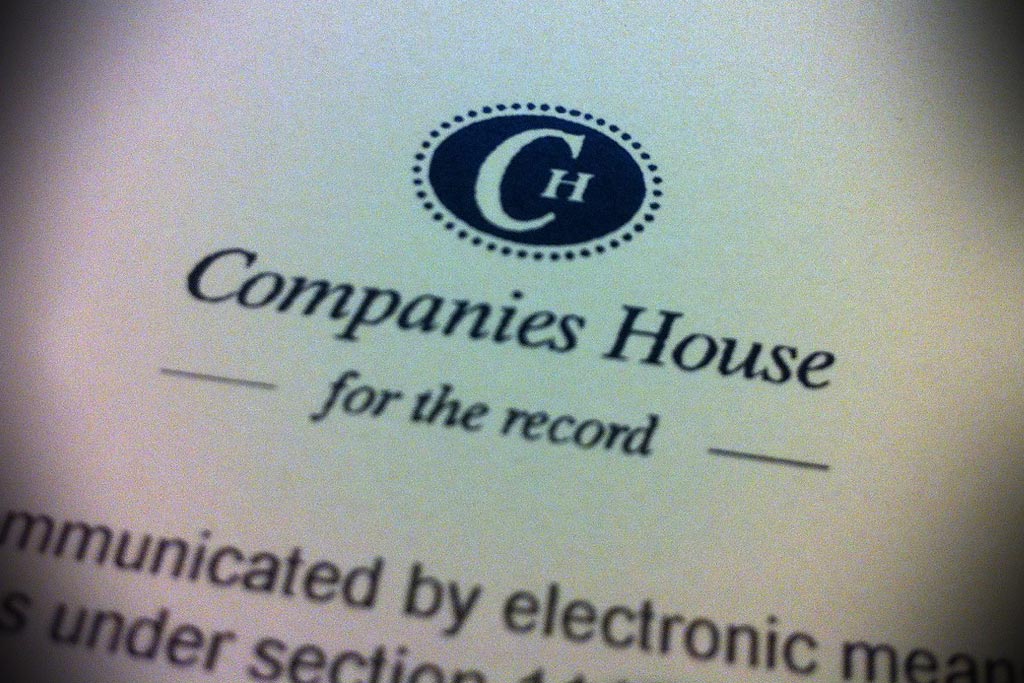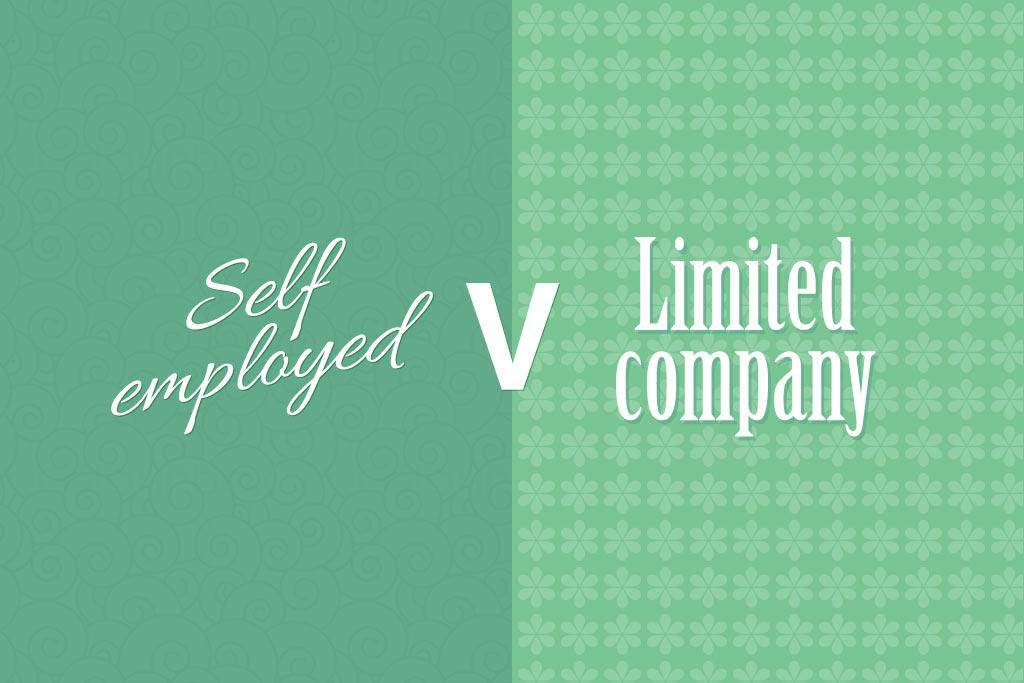How to take money out of a Ltd company
If you run your business a Ltd company, you will need to follow set rules when you want to take money out of it.
You can take money out of a Ltd company in three ways if you are a director:
- Salary, expenses and benefits.
- Dividends.
- Directors’ loans.
Salary, expenses and benefits
As long as your Ltd company is registered as an employer, it can pay you a salary, expenses and benefits.
If you pay yourself a salary, you’ll need to take income tax and National Insurance contributions from it, and pay them to HMRC with your employers’ National Insurance contributions.
Dividends
If your Ltd company has made a profit, you can make payments to shareholders – these are called dividends.
You cannot pay more in dividends than your available profit from the current and previous financial years, and you must usually pay dividends to all shareholders.
To pay a dividend you must hold a directors’ meeting to declare it, and keep minutes of the meeting (even if you are the only director). You also need to write a dividend voucher showing the:
- Date.
- Company name.
- Names of the shareholders being paid a dividend.
- The amount of the dividend tax credit.
Directors’ loans
If you take more money out of your company than you’ve put in, and it’s not salary or a dividend, it’s called a directors’ loan. There are strict rules around directors’ loans, and it’s important to follow them.
If like lots of working mums who choose to start a business you use an accountant, they can help you decide the best way to take money out of your company and handle the paperwork for you.









